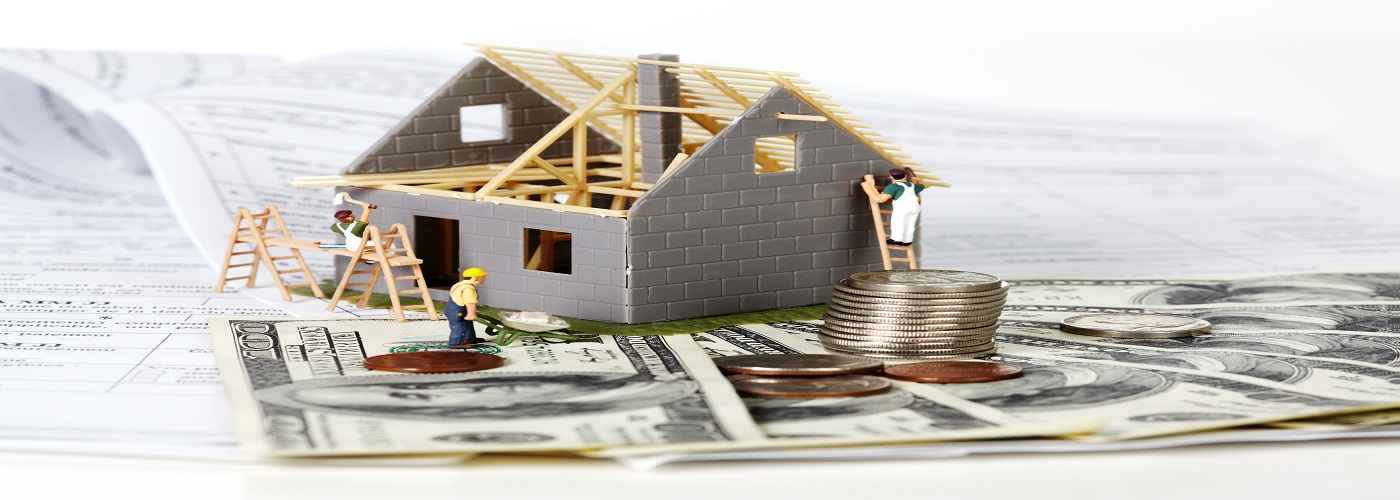Water damage is a major concern for homeowners. It can result in costly repairs and headaches, but you can take steps to protect yourself from this unexpected occurrence.
The best way to prevent water damage is to make sure your home’s structure and appliances are well-maintained. This includes checking for leaks, keeping drains clear and regularly inspecting your appliances to make sure they’re operating properly.
Even small water leaks can be harmful if they go unnoticed, so it’s important to check for these signs as soon as possible. It’s also important to reseal any gaps around pipes, sinks, showers, and bathtubs.
Appliances, particularly washing machines and refrigerator hoses, are frequently the source of water damage in homes. It’s important to keep these hoses in good condition and replace them when they’re no longer effective.
A clogged toilet is another common source of water damage in homes. The resulting backups can lead to overflowing toilets and flooded rooms. If you notice a smelly odor or water seeping through walls, call an expert as quickly as possible to investigate the source of the leak and find out what you need to do next.
Using a moisture sensor can help detect hidden leaks. These devices have a built-in alarm that will sound when it contacts moisture. They’re a great way to ensure your kitchen, bathrooms, and other rooms are protected from flooding or other unwanted moisture.
Repairing a home with water damage Dallas is expensive and time-consuming, so it’s important to act fast. The longer you delay the restoration process, the worse the damage will become.
Water damage can cause a range of problems, including mold and mildew, dry rot, and structural damage to the home. It can also lead to health concerns like respiratory infections, allergies, and more.
The effects of water damage can occur as soon as minutes after the damage has occurred, or they may linger for days or weeks. If you discover a problem, contact the professionals at The Water Damage Experts as quickly as possible so we can begin the cleanup and repair process.
Inspect the foundation and exterior of your house to identify any cracks or other damage that could allow moisture to enter. It’s also a good idea to seal any gaps or cracks that could let cold air in, or exposed pipes to freeze and potentially burst.
It’s also a good idea to have professional inspections of your property to determine the extent of any water damage and develop a plan for cleaning it up and restoring your home.
If you’re in the market for a new home, make sure to get at least three to four professional estimates from companies specializing in water-related repairs before you sign on the dotted line. These estimates can help you negotiate with the homeowner or decide if the home is worth the price tag.
It’s a good idea to invest in an emergency kit and a dehumidifier. These items can help you cope with sudden changes in weather and humidity, especially during the winter.


